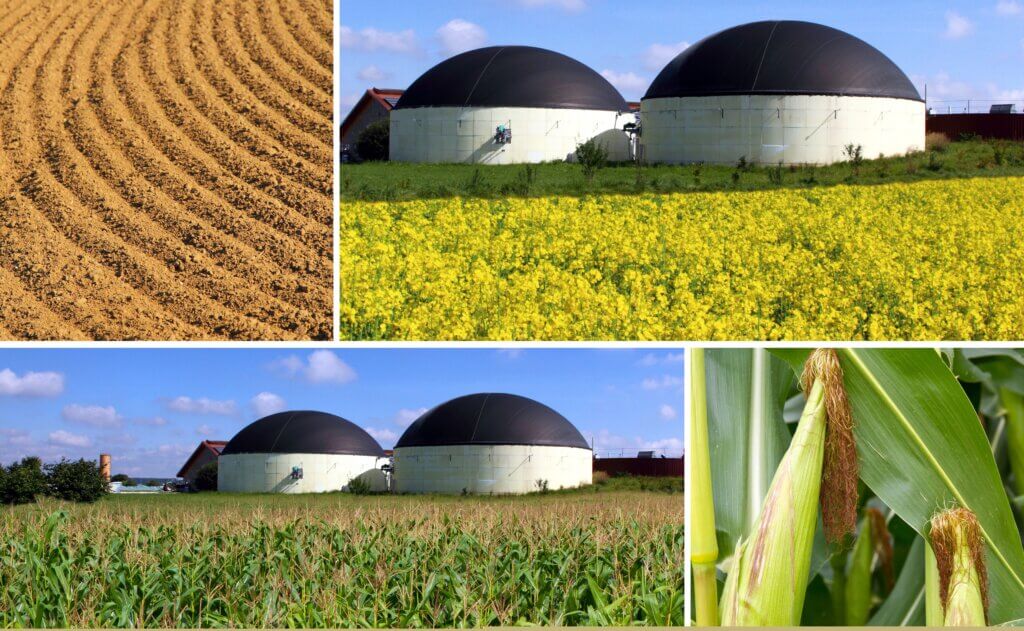GIZ supported publication of China 2030/2060-Goal Low-Carbon Biomass Development Blue Paper
On 14 September, the China Biomass Energy Industry Promotion Association (BEIPA) launched the China Low-Carbon Biomass Development Blue Paper assessing the potential of China’s biomass sector to contribute to the country’s 2030 carbon peaking and 2060 carbon neutrality goals. According to the report, China’ biomass sector can help to reduce over 900 million tons and 2 billion tons of carbon dioxide emissions until 2030 and 2060, respectively.
Within the framework of the Sino-German Energy Partnership, GIZ and German experts supported the development of the report and provided insights on the perspectives for biomass in Germany and internationally.
Bioenergy is one of the focal topics of the Sino-German Energy Partnership. The project facilitates exchange and cooperation between Chinese and German think tanks and industry associations, conducts joint studies, and encourages private sector cooperation.
For more information on the Energy Partnership’s activities on bioenergy, please contact Mr. Maximilian Ryssel (maximilian.ryssel@giz.de).
Click to download the report (Chinese Version Only) :
China_Low-Carbon_Biomass_Development_Blue_Paper_CN.pdf (energypartnership.cn)
_________________
Further read:
Publication – Biomethane Production and Grid Injection: German Experiences, Policies, Business Models and Standards: https://www.energypartnership.cn/fileadmin/user_upload/china/media_elements/publications/Biomethane_German_Experience_Study_EN_Final.pdf



